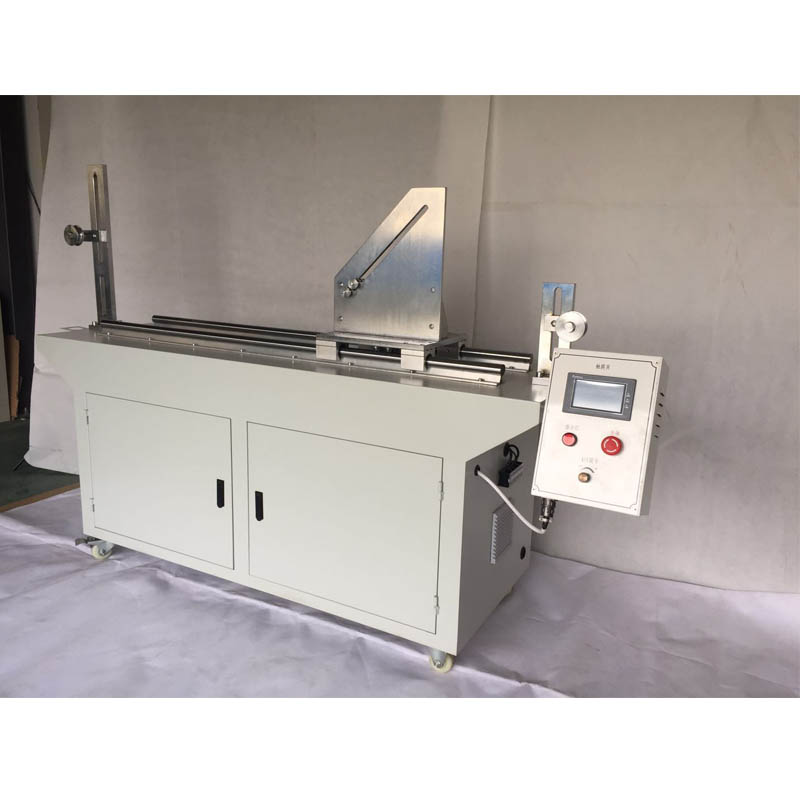machines to measure resistance manufacturers
Machines to Measure Resistance An Overview of Manufacturers and Technologies
In today's rapidly advancing technological landscape, the demand for accurate and efficient resistance measurement has never been higher. Resistance measurement is critical in various industries, including electronics, automotive, telecommunications, and power generation. Manufacturers have responded to this demand by developing a wide range of machines designed to measure resistance with high precision. This article explores the various types of machines available for measuring resistance, their applications, and some leading manufacturers in the field.
Importance of Resistance Measurement
Resistance measurement is fundamental in assessing the performance and safety of electrical components. It helps determine whether circuits are functioning correctly, identifies faulty components, and ensures compliance with regulatory standards. Accurate resistance measurement can also prevent overheating, reduce energy loss, and mitigate potential failures in electrical systems.
Types of Resistance Measurement Machines
1. Digital Multimeters (DMMs) Digital multimeters are versatile tools used to measure not only resistance but also voltage and current. They are commonly employed in laboratories and fieldwork due to their portability and ease of use. High-end models offer advanced features, such as connectivity for data logging and analysis.
2. Resistance Bridges Resistance bridges are precision instruments used for measuring low resistance values with high accuracy. They are commonly used in laboratory settings for calibration purposes. These machines utilize a bridge circuit and require careful setup to function correctly. Variants include the Kelvin Bridge for very low resistance measurements.
3. Micro-ohmmeters These specialized devices are designed for measuring very low resistance values, typically in the micro-ohm range. They are crucial in industries where precise low-resistance measurements are vital, such as in the testing of electrical contacts and connections in power systems.
4. LCR Meters LCR meters measure inductance (L), capacitance (C), and resistance (R). They are widely used in manufacturing and repair industries for evaluating the electrical characteristics of components. These devices can provide complex impedance data, which is useful for comprehensive circuit analysis.
5. Electrochemical Impedance Spectroscopy (EIS) Systems While traditionally used in research, EIS systems are gaining traction in industrial applications. They measure the impedance of systems over a range of frequencies, providing insights into material properties and behaviors under different conditions.
machines to measure resistance manufacturers

Leading Manufacturers of Resistance Measurement Machines
Several reputable manufacturers are known for producing high-quality resistance measurement machines
1. Keysight Technologies Keysight is renowned for its cutting-edge test and measurement equipment. Their range of digital multimeters and precision measurement tools are widely used across various industries, supported by advanced features and user-friendly interfaces.
2. Fluke Corporation A leader in electronic test tools, Fluke offers robust and reliable multimeters and insulation testers. Their machines are designed for professionals who require durability and accuracy in challenging environments.
3. Agilent Technologies Agilent provides a wide array of test solutions, including precision resistance measurement devices. Their equipment is characterized by high accuracy and is ideal for laboratory use and industrial applications.
4. GMC-I Messtechnik AG This German manufacturer specializes in measuring technology, offering a range of impedance and resistance measurement devices. Their products are known for accuracy and high measurement speed, catering to diverse industrial needs.
5. HDMI Technologies Focusing on digital measurement for the telecommunications industry, HDMI Technologies designs advanced measurement tools that offer flexibility and high performance in resistance measurement.
Conclusion
As industries become increasingly reliant on precise resistance measurements, the demand for sophisticated measurement machines continues to grow. From versatile digital multimeters to specialized micro-ohmmeters, manufacturers have developed a variety of tools to meet the specific needs of different sectors. Understanding the available technologies and market-leading manufacturers can empower businesses and professionals to choose the right equipment for their resistance measurement tasks, ensuring efficiency, accuracy, and reliability in their operations.
-
Why the Conductor Resistance Constant Temperature Measurement Machine Redefines Precision
NewsJun.20,2025
-
Reliable Testing Starts Here: Why the High Insulation Resistance Measuring Instrument Is a Must-Have
NewsJun.20,2025
-
Flexible Cable Flexing Test Equipment: The Precision Standard for Cable Durability and Performance Testing
NewsJun.20,2025
-
Digital Measurement Projector: Precision Visualization for Modern Manufacturing
NewsJun.20,2025
-
Computer Control Electronic Tensile Tester: Precision and Power for the Modern Metal Industry
NewsJun.20,2025
-
Cable Spark Tester: Your Ultimate Insulation Assurance for Wire and Cable Testing
NewsJun.20,2025
 Copyright © 2025 Hebei Fangyuan Instrument & Equipment Co.,Ltd. All Rights Reserved. Sitemap | Privacy Policy
Copyright © 2025 Hebei Fangyuan Instrument & Equipment Co.,Ltd. All Rights Reserved. Sitemap | Privacy Policy
